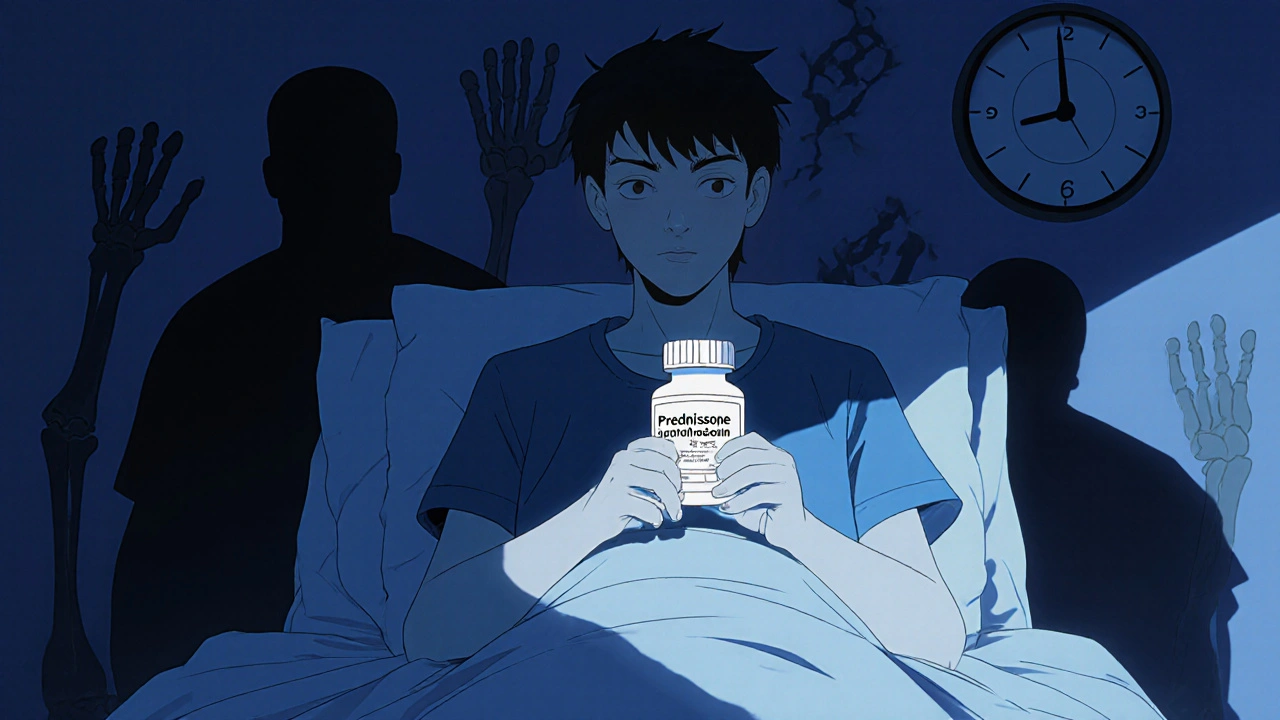OCS Dependence: Risks, Alternatives, and How to Break the Cycle
When you hear OCS dependence, dependence on opioid or central nervous system depressant medications, often prescribed for pain, anxiety, or sleep. Also known as central nervous system dependence, it refers to the physical and psychological reliance that can develop after even short-term use of drugs like opioids, benzodiazepines, or sedatives. It’s not weakness. It’s biology. Your brain adapts. The meds work too well, so your body starts to need them just to feel normal. That’s how it starts—with a prescription, a bad night, a sore back—and ends with withdrawal symptoms, anxiety, or worse when you try to stop.
This isn’t just about heroin or street drugs. Benzodiazepines, like Xanax or Valium, used for anxiety or insomnia are a major culprit. So are opioids, including prescription painkillers like oxycodone or hydrocodone. Studies show people on these drugs for more than a few weeks are at risk—even if they take them exactly as directed. The problem? Many doctors don’t warn you about the long-term risks. And when you try to quit, the rebound anxiety, insomnia, or pain can feel unbearable. That’s why so many stay on them longer than they should.
You’re not alone if you’re worried about being stuck. Millions are. But there are paths out. Some people switch to non-addictive alternatives like SSRIs for anxiety or NSAIDs for chronic pain. Others use cognitive behavioral therapy to rewire their response to stress. Sleep hygiene can replace sleeping pills. Physical therapy reduces reliance on pain meds. And for those already dependent, tapering under medical supervision is the safest way forward. The key isn’t stopping cold turkey—it’s planning, support, and knowing what options exist.
The posts below cover exactly this: real comparisons between high-risk meds and safer alternatives, step-by-step guides on reducing dependence, and insights from people who’ve been there. You’ll find how to talk to your doctor about cutting back, what natural options actually work, and how to spot the early signs before dependence takes hold. No fluff. No scare tactics. Just clear, practical info to help you take control—before it controls you.

Oral Corticosteroid Burden in Severe Asthma: Proven Alternatives That Work
Oral corticosteroids help control severe asthma flare-ups but cause serious long-term side effects. Biologics now offer a safer, more effective alternative that reduces steroid dependence, hospitalizations, and health costs.
